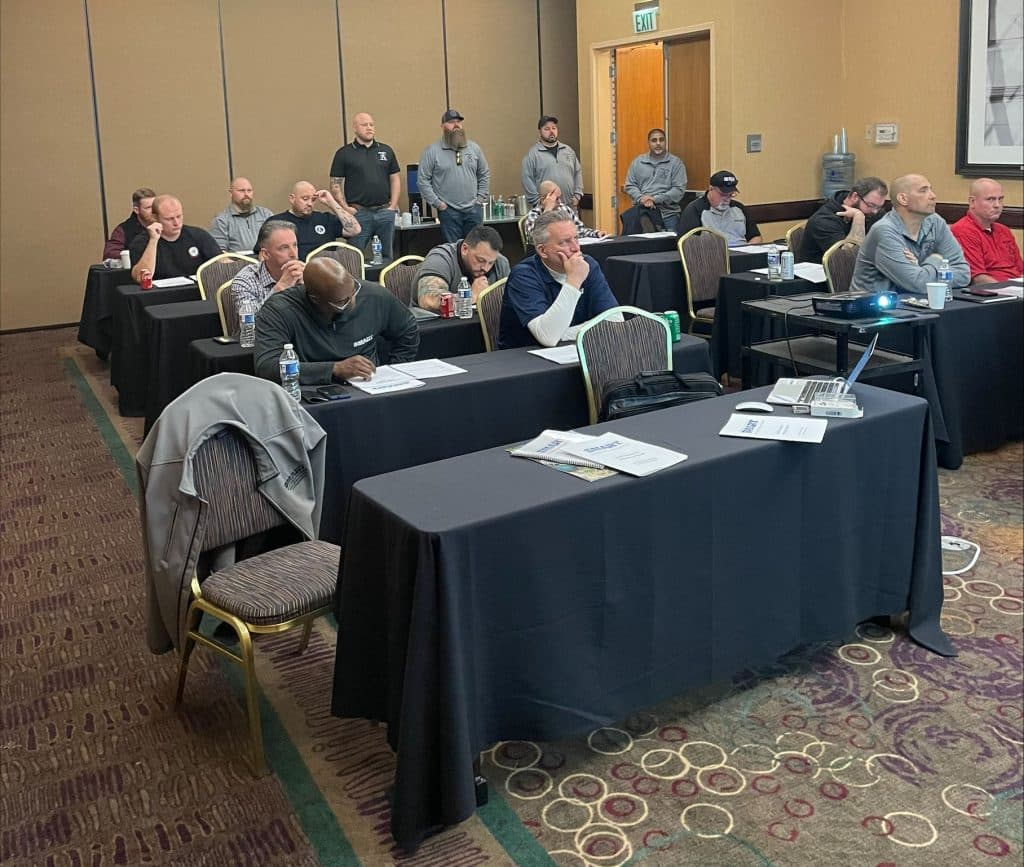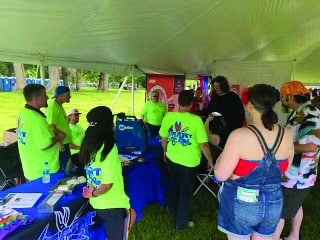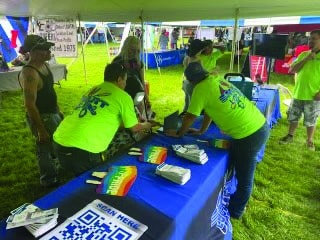
On November 15, 2022, the Railroad, Mechanical and Engineering (RME) Department, in conjunction with General Committee 2, held its first in-person local representative training class in more than two years. The training, which was revamped in 2022, focuses on claim/grievance and discipline handling. Seventeen attendees representing 13 local unions attended the day-long training, which outlined the responsibilities of the local representative and provided guidance for filing claims/grievances and preparing for and representing members during discipline investigations.
The response from attendees was positive. “The training was very informative,” said Chuck Mullins from Metro North in Harmon, New York.
Rex Moore from BNSF in Lincoln, Nebraska, added that “the training was great.”
The RME Department has increased its training budget in order to expand the number and frequency of trainings in 2023 and beyond. “Our goal is to provide this training on an ongoing basis for current and newly elected local representatives,” said SMART International Representative Joe Fraley.
International Representative Larry Holbert agreed, saying: “We are committed to providing future training to our local leaders, making sure that they have the knowledge, tools and skills necessary to perform their elected duties more effectively and efficiently.”
The RME Department has scheduled a training session in January on the West Coast for representatives in California, as well as a class in the Northeast in February. The third training session will be scheduled in the third quarter of the year, giving newly elected officers the opportunity to attend.
“This training is the cornerstone for our local reps, as they are the men and women on the front lines representing the membership on a daily basis,” explained General Chairperson John McCloskey. “All of our local unions are urged to participate in the training that is provided,” concluded General Committee 2 Financial Secretary- Treasurer/Assistant General Chairperson Jason Busolt. “As elected officers, it is our duty to ensure that we provide the highest level of representation to the men and women we represent.”





